The situation of things concerning the prices of premium motor spirit (PMS) popularly called petrol continues to be a subject of great concern to many Nigerians. This is particularly because Nigerians continue to expect a fall in the prices of petroleum products if eventually Dangote Refinery begins direct sales of PMS to independent marketers.
To the surprise and anger of many Nigerians, the Nigerian National Petroleum Company (NNPC) had initially said it would be the sole buyer of the product from Dangote Refinery before reselling to independent marketers. NNPC said this was due to unresolved pricing issues and outstanding debts owed to it. However, NNPC recently said it would allow Dangote Refinery to sell PMS directly to independent marketers. As of 16 October 2024, independent marketers had not yet commenced purchasing from Dangote as they still sourced petrol through the NNPC, which has been the sole off-taker since September 15, 2024.
Join our WhatsApp ChannelREAD ALSO: Fuel Price Racketeering: Dangote Must Do More for Nigerians
Chinedu Ukadike, the National Publicity Secretary of the Independent Petroleum Marketers Association of Nigeria (IPMAN), on10 October 2024, said that independent marketers are purchasing from the NNPC at ₦1,040 while the NNPC buys from Dangote at ₦898. He explained the need for a liberalised market and expressed concerns about the chaotic supply system, urging the Federal Government to engage continuously with industry players to enhance fuel distribution across Nigeria.
Why did NNPC Backtrack?
Reports show that out of 400 million litres of petrol meant to be lifted from the refinery at 25 million litres per day, the NNPC had carried just about 103 million litres. Among other reasons for this backtrack might be that on 7 October 2024, the Nigerian Senate criticised the NNPC for monopolising petrol distribution. Senator Oboku Oforji stated, “NNPCL and the major marketers being the exclusive off-takers spells monopoly, which is tantamount to greed.” The general public and other highly placed figures also criticised NNPC.
READ ALSO: Petrol Price Reduction To N995: Market women, Transporters, Others Displeased
Following this, the Minister of Finance and Coordinating Minister of the Economy, Wale Edun, made a statement regarding the NNPC’s change in approach on October 14, 2024, during a press briefing in Abuja. He noted, “I am glad to announce that all agreements have been put in place… This marks a departure from the previous arrangement where the NNPC served as the sole purchaser.”
Will It Affect Prices Now That NNPC Has Fixed Them?
The NNPC’s decision to fix petrol prices is expected to impact market dynamics. As of October 16, 2024, petrol prices were projected to rise to approximately ₦1,029.01 per litre due to the removal of subsidies and the transition to a deregulated market. Ukadike from IPMAN also stated, “Of course, petrol prices are going to rise once the subsidy is completely removed by NNPC.” This indicates that fixed prices by the NNPC will likely lead to increased costs for consumers as market forces come into play. Currently petrol prices in Nigeria are as follows:
- Abuja: ₦1,030 per litre at NNPC outlets.
- Lagos: ₦998 per litre at NNPC outlets.
- Independent Stations: Prices vary, with some selling at ₦1,050 to ₦1,120 per litre in Ibadan and up to ₦1,250 in other locations.

These prices reflect recent adjustments following the termination of the exclusive purchase agreement between the NNPC and Dangote Refinery, marking a shift towards a more deregulated market where prices may fluctuate based on market dynamics.
Has Dangote Refinery Done Anything to Show That It Is Not in Collusion with NNPC Regarding Pricing?
Dangote Refinery has publicly denied any collusion with the NNPC regarding petrol pricing. Following the NNPC’s claim that it purchased petrol at ₦898 per litre, Dangote’s Group Chief Branding and Communications Officer, Anthony Chiejina, described the NNPC’s statement as “misleading and mischievous,” asserting that they sold petrol to the NNPC in dollars which would yield savings compared to imported fuel.
READ ALSO: Dangote Refinery: Of Hopes, Drools And Jokes
However, Chinedu Ukadike stated that Dangote has not yet made any significant statements regarding direct sales to independent marketers. He mentioned, “We have been asking Dangote or anybody that is in charge of this transaction to be transparent; but somehow we have not received any information” during discussions about ongoing supply issues and the need for clearer communication from Dangote Refinery. This reflects concerns among independent marketers about a lack of engagement from Dangote regarding direct purchasing arrangements and pricing transparency.
Hence, it is crucial for Dangote to publicly clarify what is happening. Nigerians are worried because many had hoped that sourcing PMS from a local refinery will, to some extent, help to overcome talks about subsidy, dollar prices and cost of transporting PMS from foreign countries to Nigeria. This is why Nigerians continue to ponder the reasons why fuel prices are still rising despite local refining. The only plausible explanation is that Dangote Refinery is still importing crude oil the United States, Brazil, Angola, Senegal, and Libya. What a great shame?
Dr Mbamalu is a Jefferson Fellow, member of the Nigerian Guild of Editors (NGE) and a renowned Publisher.
Dr. Marcel Mbamalu is a communication scholar, journalist and entrepreneur. He holds a Ph.D in Mass Communication from the University of Nigeria, Nsukka and is the Chief Executive Officer Newstide Publications, the publishers of Prime Business Africa.
A seasoned journalist, he horned his journalism skills at The Guardian Newspaper, rising to the position of News Editor at the flagship of the Nigerian press. He has garnered multidisciplinary experience in marketing communication, public relations and media research, helping clients to deliver bespoke campaigns within Nigeria and across Africa.
He has built an expansive network in the media and has served as a media trainer for World Health Organisation (WHO) at various times in Northeast Nigeria. He has attended numerous media trainings, including the Bloomberg Financial Journalism Training and Reuters/AfDB training on Effective Coverage of Infrastructural Development of Africa.
A versatile media expert, he won the Jefferson Fellowship in 2023 as the sole Africa representative on the program. Dr Mbamalu was part of a global media team that covered the 2020 United State’s Presidential election. As Africa's sole representative in the 2023 Jefferson Fellowships, Dr Mbamalu was selected to tour the United States and Asia (Japan and Hong Kong) as part of a 12-man global team of journalists on a travel grant to report on inclusion, income gaps and migration issues between the US and Asia.

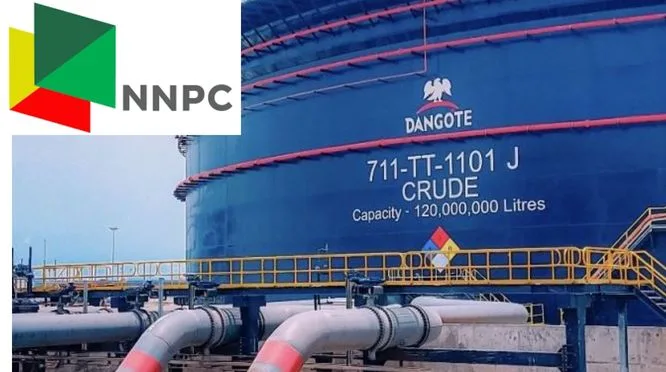




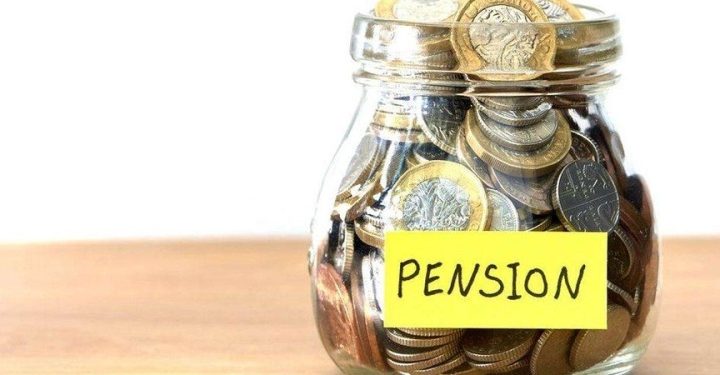





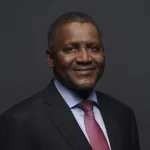



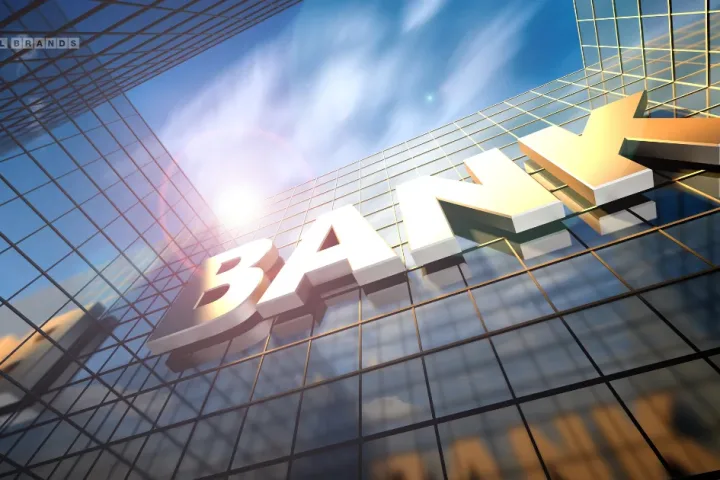
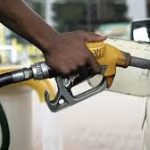
Follow Us